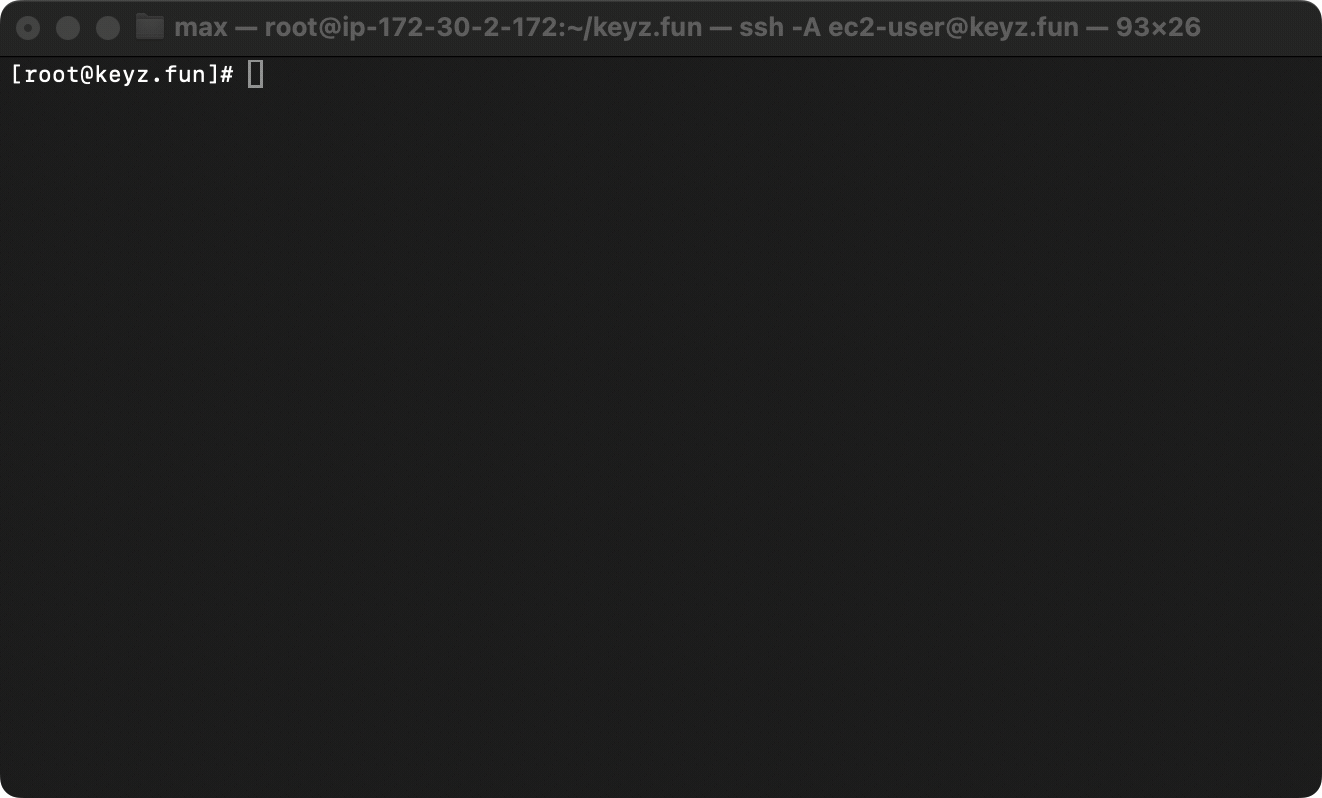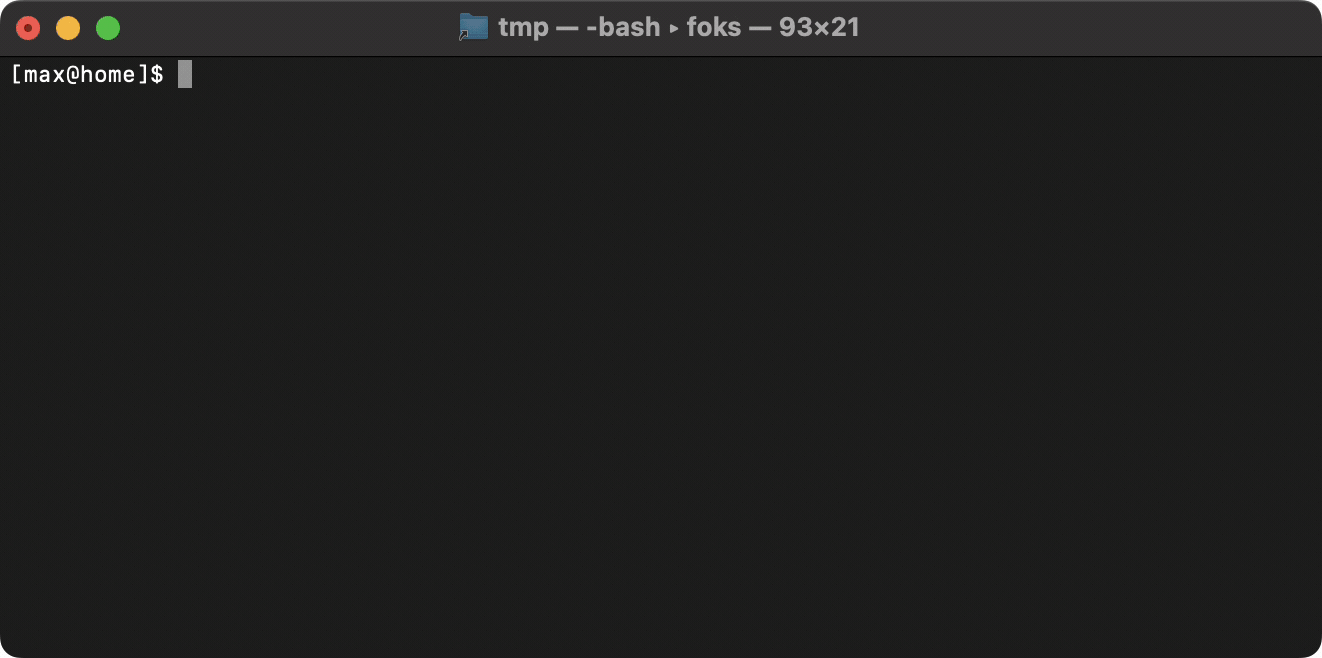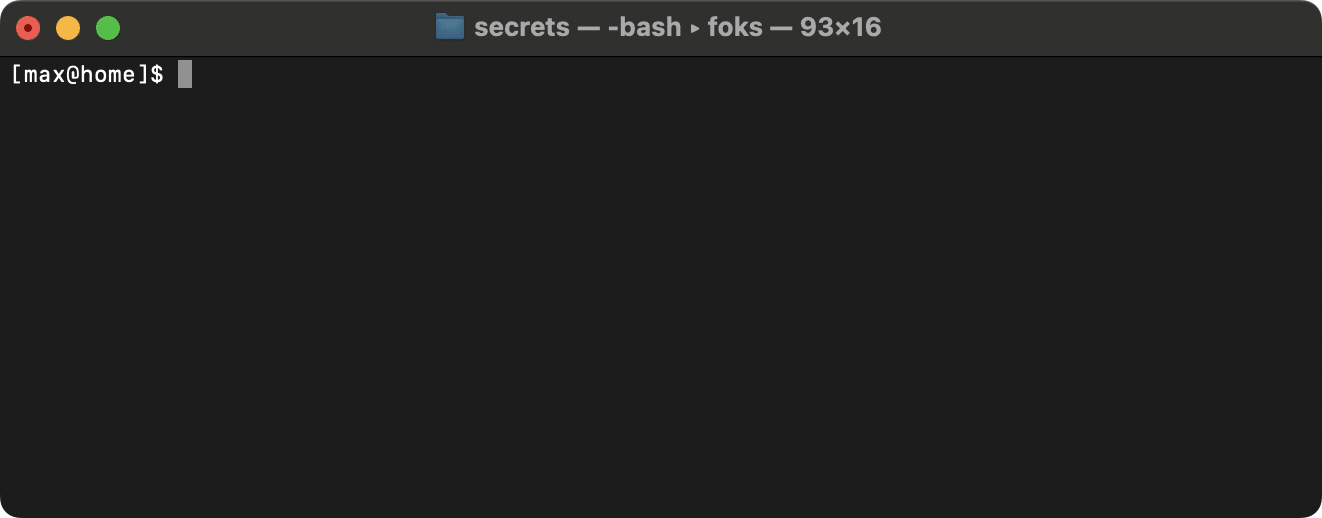TL;DR: FOKS is like Keybase, but fully open-source and federated, with SSO and YubiKey support.
When we launched Keybase over 11 years ago, we read a lot of good, well-informed feedback. We folded some but not all of these suggestions into Keybase. Most important, you convinced us that passwords are not a good long-term strategy for protecting secret key material. As a result, we spent months ripping up the app and pivoting to per-device keys, which were clearly the right way to go. WhatsApp eventually caught up in 2023!
Among the best ideas that we lacked the bandwith to tackle were: federation, open-source backend, YubiKey support and SSO support. No longer affiliated with Keybase or Zoom (Keybase’s new owner), I’ve been thinking about how to resurrect these very good ideas. Today, I’m happy to announce FOKS, the Federated Open Key Service. The gist is “Keybase, but with federation, SSO and YubiKey support, and fully open-source”. FOKS is not a fork, but rather built from scratch in pure Go. FOKS inherits the general goal of Keybase: give teams of users, each with multiple devices, shared secret keys so they can share data securely across the internet. It inherits Keybase’s core cryptographic techniques: append-only data structures that allow clients to catch dishonest server behavior; and cascading key rotations on device revokes and team member removals. The key difference is federation.
A user in FOKS is not a name in a shared, global namespace. Instead, much like
an email address, a user is a user@host pair. Anyone can run a FOKS server
and control their own localized namespace, as in email. Teams in FOKS are like
mailing lists: they can contain users on just one server, or they can span
multiple servers; they can include other teams to form nearly-arbitrary DAGs.
Members of a team share symmetric cryptographic keys, with which they can share
files, chats, passwords, etc. See our white
paper
for more details. Whether self-hosting or using a third-party provider, all
users get the benefit of FOKS’s cryptographic guarantees: that clients, not
servers, control key management, and that clients can identify and stop
malicious server behavior.
All the typical arguments for federation apply here: users can avoid vendor lock-in, being “monetized”, the Hotel California syndrome, etc. But federation becomes even more important in the sensitive applications that need cryptography the most. Even if trafficking only end-to-end encrypted data, the server still controls metadata like IP addresses, team memberships, and usage patterns. These data can be leaked or exposed in lawful discovery. FOKS, unlike centralized systems, allows for an open market of service providers, and users can pick the one with the security, privacy, availability and moderation policies that best suit them, or host their own if none do.
Federation also provides more flexibility in terms of deployment: a FOKS server can face the open internet or can reside within a private network. Self-hosted FOKS servers can function as core infrastructure, without introducing new third-party availability dependencies.
With FOKS, I’m psyched to release all software — both server and client — under an MIT open-source license. Open-source everywhere is a key unlock for security researchers trying to break the system, and community contributors trying to improve it.
FOKS has been a personal passion project of mine, and as such, I don’t have a team or funding. I hope to bootstrap an open-source community around the project and then to see where it goes. At launch, I’m also running a paid hosting provider, for those who want the “easy button” rather than managing their own FOKS server. But time will tell if this is a viable business. There certainly isn’t a “moat” to speak of, since anyone can run such a provider, with the same open-source software that foks.app uses.
You can Download FOKS or build it from source. The system is fully-usable and in beta, meaning there is a risk of data loss and security issues. FOKS currently has device and team management, full YubiKey decryption and signing via the PIV protocol, and SSO via OAuth2. For applications, FOKS now has an end-to-end encrypted key-value store and git hosting. Oh, and encryption in FOKS is post-quantum secure. FOKS uses standard ML-KEM for key encapsulation, in addition to boring old NaCl, so an attacker needs to break both systems to decrypt messages.
In the future, we hope to build mobile applications, file-sync, and an MLS-based chat system. And I’m sure many other good ideas will come up along the way. Scroll down for some demos.
✌️️ Max 🔑
PS: Comments and discussion are welcome, please post to this discussion on Hacker News.





Credits
Thanks to Chris Coyne for reading drafts of this post and valuable feedback on the entire project. Blog theme is Hugo Xmin.